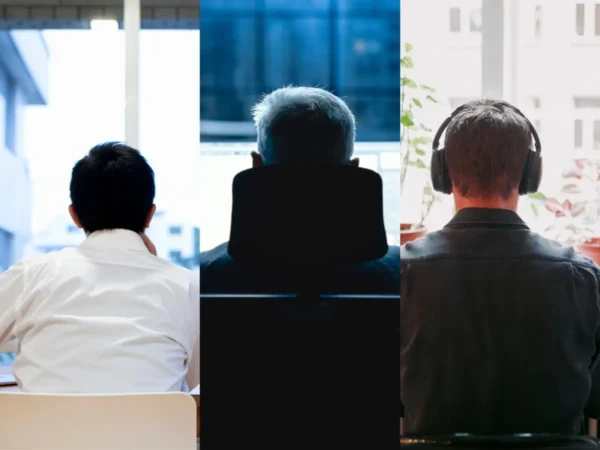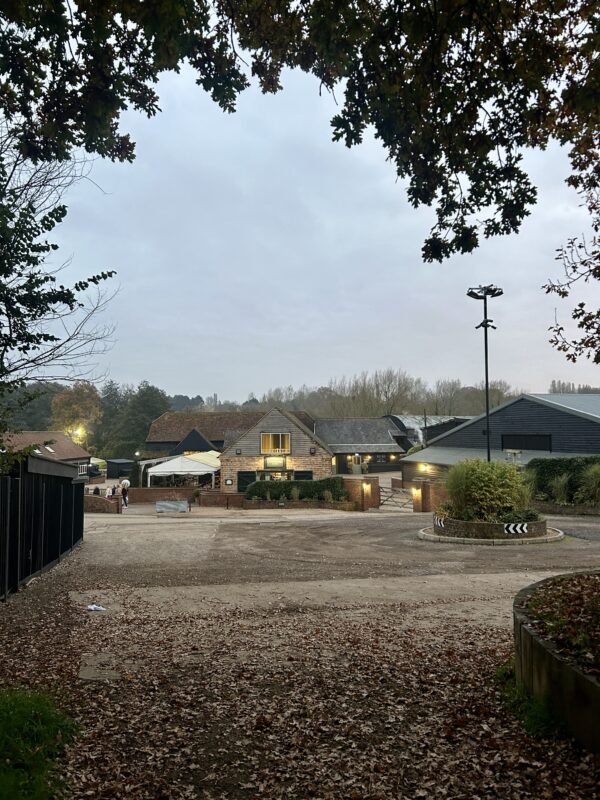
Bleisure – How to Make the Most of a Business Trip

Bleisure – the fine art of creating a trip that combines both business and leisure – is growing ever more popular and travelling for business can be exciting. However, for many travellers “All I saw was the inside of a meeting room.” is a common refrain amongst business travellers when they get back from a trip. But how can travellers turn a business trip into something much more exciting?
For travellers keen to make the most of their business trip, we teamed up with Skyscanner who has pulled together these hacks to show travellers how to make the most of their time, exploring and having fun … whilst at the same time complying with company travel policy and not annoying any bosses!

1. Research your destination
Time on a business trip can be short and there’s always a lot to pack in, however, taking the time to do some research ahead of a trip is a must. Travellers can find out what their destination has to offer by checking online travel guides and buying a guidebook to browse on the plane.
Another trick from Route4Me is to focus their research on the districts they can easily reach before or after business meetings and plan their route. In Paris for example, many of the most famous museums and art galleries open on selected weekday evenings, so travellers could be paying their respect to the Mona Lisa in the Louvre, rather than flicking idly through the TV channels in your hotel.
2. Break the journey en route
It sounds counter-intuitive, but adding an extra few days in a new destination, en route to a business meetings, can actually save money. Non-stop flights are often more expensive than ones that involve a change of plane, particularly if travellers use an overseas carrier rather than home airlines.
A classic example of this trick is the route between London and New York. No-frills flights with WOW stop off in Iceland on the way – which means travellers might be able to see the Northern Lights on the way back home from Manhattan.
3. Don’t book an airport hotel
Airport hotels are a constant feature of the frequent traveller’s life. They’re comfortable and efficient, but almost always set in interest-free neighbourhoods. Most companies offer a range of preferred properties in their corporate hotel programme, and there’s usually one that’s more central, or set in a cool suburb. In Melbourne, for example, it could be that travellers could stay by the beach in St Kilda. Or the trendy Sodermalm in Stockholm, which is packed with bars and restaurants.
4. Ask to keep your room
Big companies have bulk-buying power and can get hotels far cheaper than individuals. Even if travellers think they can get a better rate, the corporate deal will often have fewer strings attached and increasingly comes with extras such as free Wi-Fi and breakfast.
It is worth asking the hotel manager to stay on for a few extra days at the corporate rate. It’s rare to be turned down. Hotels like loyal customers and they know travellers may end up spending extra in the hotel whilst they are there.
5. Go sightseeing between meetings
Even if travellers are stuck in a business district, it doesn’t mean they have to stay there between meetings. When it comes to public transport, these areas are usually some of the best-connected. In Amsterdam, the RAI centre is just 15 minutes from the Central railway station. Jump on one of the line 2 trams there, and they would be at the door of Van Gogh Museum 15 minutes after that. Meanwhile, Munich’s Messe expo centre is only 25 minutes by underground from the city centre.
6. Don’t work out in the hotel gym
Gyms are great places to burn off some steam on a business trip – but they can add to that eerie sense of isolation. Why not go for a run through the city instead? Some hotels now have running concierges to tell you where to jog safely, while running apps such as Plotaroute also offer suggestions. Travellers could also join a running tour, or hire their own private guide – these days, they’re a feature in many cities. Run With Me’s programme includes Zurich, Oslo and Johannesburg.
7. Ask friends or family to join in
Rather than pining for partners and family whilst away, it’s worth travellers considering getting them to come and join them after their business commitments are completed. Or travellers could ask their best friend to fly over and have a weekend on their town together. Traveller must be sure to keep the work and leisure separate – so there’s no confusion about expenses on their return. It is also worth travellers clearing the idea with their boss beforehand to be sure their plan doesn’t conflict with any company policies.
8. Save your company some money
A number of start-ups including Rocketrip work with companies to incentivise employees to spend less on their business travel. How will that help? Well, consider this. On platforms such as Rocketrip, companies and their employees share the savings. So travellers could travel in economy rather than business class – and use your percentage of the savings to fund some leisure time at the end of the trip.














































